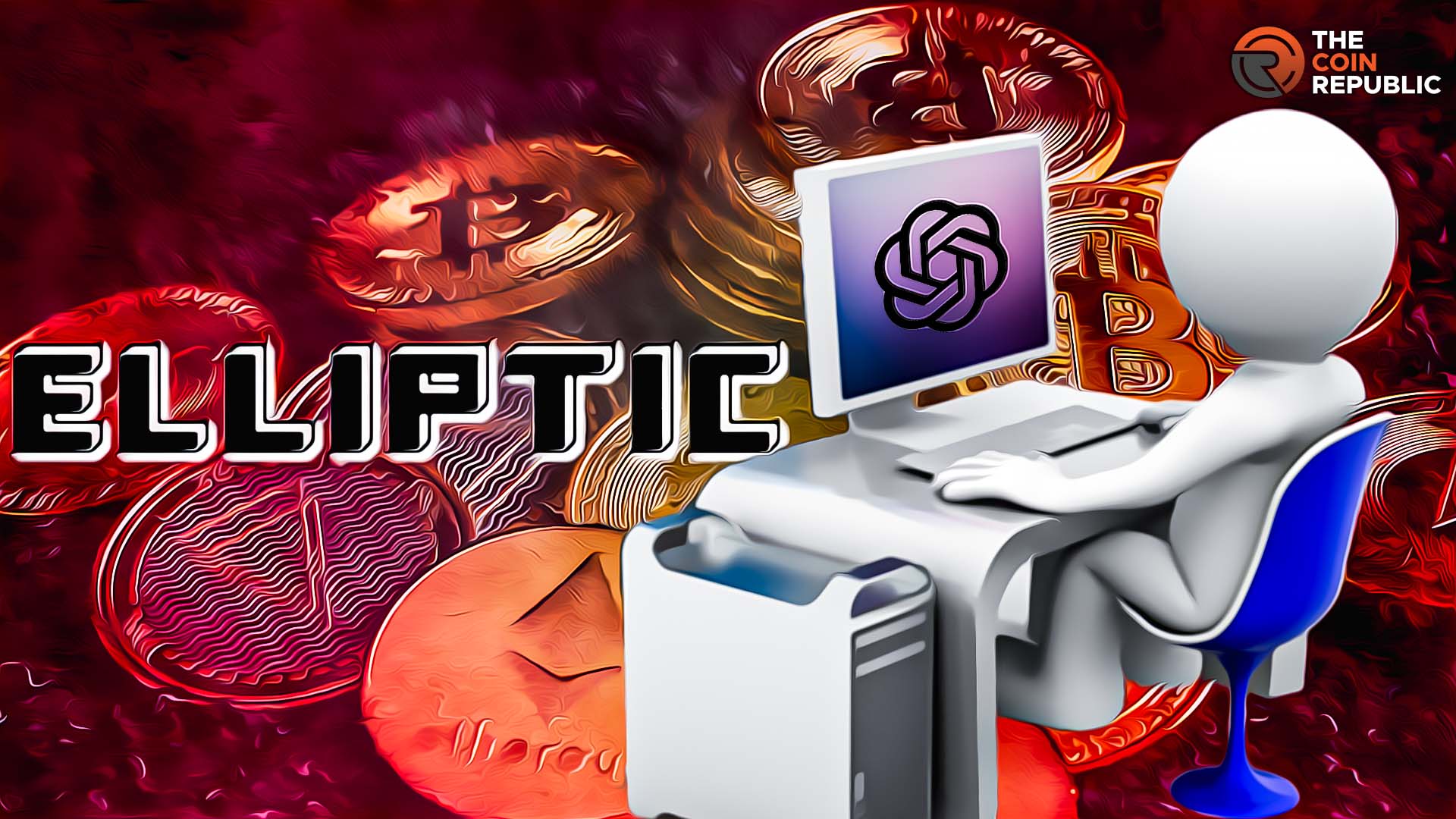Croatian retail giant sees surge in crypto payments despite bear market

Payments in cryptocurrencies such as Bitcoin (BTC) have been growing at Croatia’s largest supermarket chain Konzum this year despite the ongoing bear market.
Having debuted with crypto payments in 2021, Konzum has seen a growing trend for this type of payment, the firm’s director of business applications Ines Barbir told Cointelegraph.
Konzum officially started accepting cryptocurrencies as payment for its products in December 2021, allowing customers to pay online with nine cryptocurrencies such as BTC and Ether (ETH) as well as Tether (USDT) and USD Coin (USDC) stablecoins.
The supermarket chain has since expanded the crypto payment option to more self-checkout boxes in brick-and-mortar pilot stores. Konzum is also still working with local crypto payment company Electrocoin to bring crypto payments to all 700 brick-and-mortar stores across Croatia.
According to Barbir, the rollout of the new payment method has been implemented successfully, and Konzum has been actively working on expanding the crypto payment option. The executive did not specify the exact number of payment volume growth since the debut of crypto payments.
A spokesperson for the firm pointed out that increasing crypto payments on Konzum is in line with the growing use of crypto in Croatia, saying:
– Regardless of the bear market, we are satisfied with the interest that continues to grow. The general interest in cryptocurrency payments continues to increase steadily, as well as the interest in the implementation of cryptocurrency payments in Croatia.”
The representative noted that Croatia is “at the top in the EU” in terms of the level of crypto adoption. That’s “thanks in part to the rise of fintech companies like our partners at Electrocoin,” the spokesperson added.
The representative still mentioned some uncertainty surrounding crypto payments, saying: “The reason for this is mainly due to the uncertainty and suspicion of new technologies, but also due to the regulatory state of the crypto industry.”
Related: European banking regulator sees ‘major concern’ in keeping staff to handle crypto: Report
The government in Croatia has been somewhat quiet about cryptocurrency regulation in recent years, while local crypto advocates have been working toward self-regulation. In 2018, the National Bank of Croatia emphasized that cryptocurrencies were not legal tender in the country, nor were they recognized as foreign currency or payment instruments.
Despite a degree of apparent uncertainty surrounding crypto, Croatia has emerged as one of the most crypto-prepared countries in the world. According to a report by forex education platform Forex Suggest, Croatia has a crypto-readiness score of 6.2 out of 10, along with countries such as the United Arab Emirates, Georgia and Romania.
























